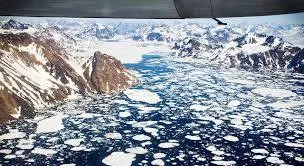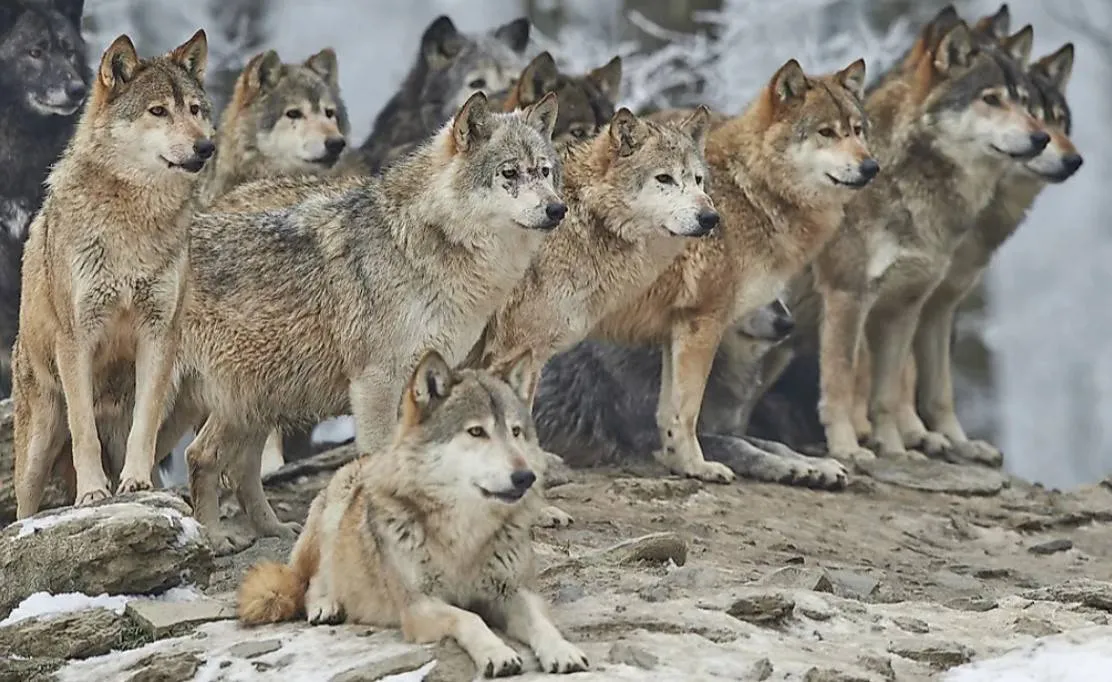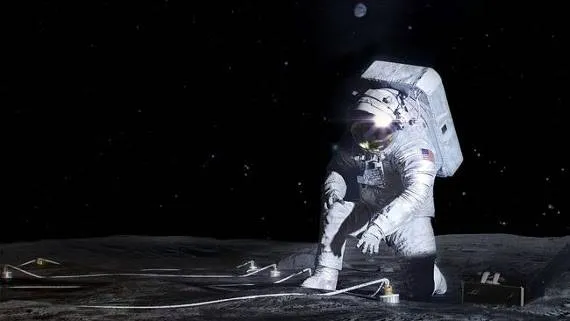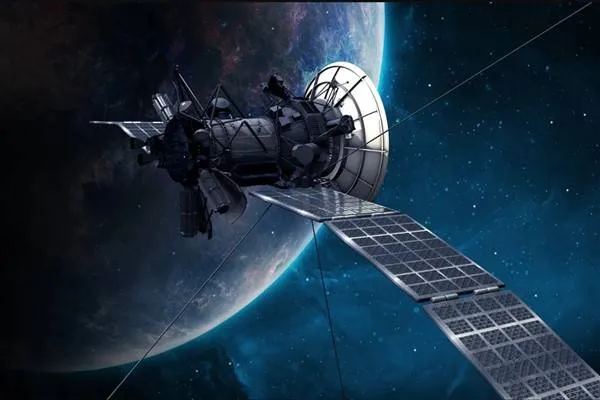Global warming is already affecting global timekeeping
Stockholm, March 30 (Hibya) - Climate change could affect time and how time is measured, according to a new study.
The results of the study are published in the scientific journal Nature. It says that although the Earth is now spinning faster than it used to, the rapid melting of the Greenland ice cap and the Antarctic ice sheet is having an impact on the Earth's rotation. Water added to the oceans is spreading the Earth's mass and slowing its rotation slightly.
"The historical association of time with the Earth's rotation means that Coordinated Universal Time (UTC) closely follows this rotation.
Because the rotation rate is not constant, UTC contains discontinuities (leap seconds) that make it difficult to use in computer networks. Since 1972, all UTC discontinuities have required the addition of a leap second. Here we see that increased ice melt in Greenland and Antarctica is reducing the Earth's angular velocity faster than before, as measured by satellite gravity 4.5.
Subtracting this effect from the observed angular velocity shows that since 1972, the angular velocity of the Earth's liquid core has decreased at a constant rate that has steadily increased the angular velocity of the rest of the Earth.
Extrapolating trends in the core and other related phenomena to predict future Earth orientation shows that the UTC as currently defined will require a negative discontinuity by 2029.
Usa News Agency
















